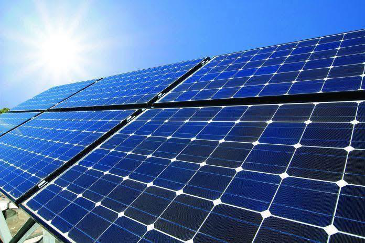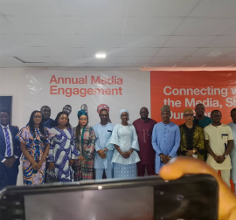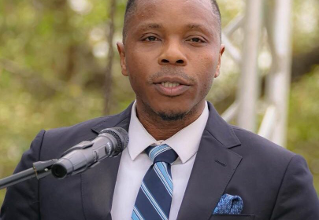Sierra Leone Secures $2.2 Billion Endorsement for Historic Energy Development Plan

New York, USA — Wednesday, 24th September 2025 — Under the visionary leadership of His Excellency President Julius Maada Bio, the Government of Sierra Leone has achieved a landmark milestone with the official endorsement of its USD 2.2 billion Mission 300 Energy Compact.
The endorsement, granted by the World Bank Group (WBG), the African Development Bank (AfDB), and other key partners, was formally announced during the Bloomberg Global Forum 2025.
Sierra Leone’s Mission 300 Energy Compact lays out a strategic framework to accelerate access to affordable, reliable, and sustainable electricity — targeting an increase from the current 36% national coverage to 78%. Key priorities include:
• Expanding power generation with a strong focus on renewable energy
• Modernizing the transmission and distribution network
• Promoting clean cooking solutions
• Strengthening governance reforms and creating a robust environment for private sector investment
President Bio, who also serves as Minister of Energy, received the Compact Endorsement Letter and reaffirmed his government’s commitment:
“Our Mission 300 Energy Compact is the most ambitious and comprehensive energy infrastructure initiative ever developed for Sierra Leone. Powered by evidence-based solutions and data, this single plan for Sierra Leone’s energy transformation holds the greatest promise for unlocking sustainable and inclusive development for our people.”
Developed in record time, the Compact was spearheaded by the Inter-Ministerial Coordination Group, co-chaired by Minister of Finance Sheku A.F. Bangura and Dr. Kandeh K. Yumkella, Chair of both the Presidential Initiative on Climate Change, Renewable Energy and Food Security and the Energy Governance Coordination Group (EGG).
Sierra Leone joins seventeen other nations whose energy compacts were endorsed at the event.
Mission 300 is a joint initiative of the World Bank and African Development Bank that aims to provide electricity access to 300 million Africans by 2030. By leveraging government leadership, private sector participation, and development agency partnerships, the program seeks to drive economic growth, stability, and inclusive progress through clean, affordable, and dependable energy solutions.





